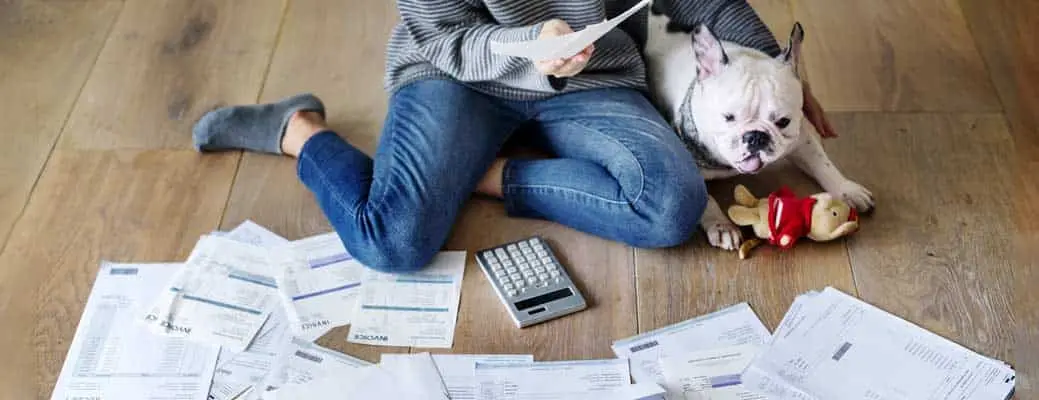What Not to Do When Paying Off Debt


Establish a clear picture of what you owe and to whom. This helps inform your debt-free strategy and also serves as the framework through which you can track your progress.
First, make a list of all of your debts. Then tally the statuses of each account and how much you owe. Rank them in order of those with the highest interest rates to those with the lowest. You can also rank them from largest debt to smallest.
After you’ve compiled this info, determine which debt to pay off first and start tackling it.
Unless your plan (see above!) involves paying off a single debt at once while slowly chipping away at the others, then making minimum payments doesn’t further you along the road to being debt-free. You’re simply paying interest to creditors rather than paying down the principal balance. Don’t make this mistake when you’re thinking about how to manage your debt; instead, try to pay extra toward each payment.
This might be obvious, but racking up charges on your credit card while trying to pay off said credit card zeros out any progress you’ve made. And, in fact, continuing to use your credit card could grow your debt if you’re not paying more toward the balance than what you’re spending. Avoid this mistake by spending only what you can afford and paying the balance each month.
Remember the reason that you’re contributing to your 401(k)? To build a sound financial future for yourself. When you dip into these funds, not only are you undoing your contributions to this important goal, but you’re also paying for it — literally.
You’ll have to pay the loan back with interest, and the money you use to pay that interest is subject to double taxation if you borrow from your 401(k). That’s because you pay back the loan using post-tax dollars and you’ll be taxed again when you take the distributions.
As you put as much money as you can toward your debt, it may seem counter intuitive to also set aside funds for emergencies. Shouldn’t all your money go to paying down debt? In theory, yes. But having access to savings, however small, can keep you from going deeper into debt when unexpected expenses pop up.
Generating additional income that can be used to pay off debts can greatly speed up the process. Think outside of the box when you brainstorm money-making ventures. Perhaps you can work overtime at your current job, start a side hustle, host yard sales, sell your old clothes online, even rent out a room in your house on Airbnb. Evaluate your skills and interests, then consider how you can best monetize them.
Writing down how much you spend, and on what, sounds like a tedious task. But it also gives you key insights into your spending habits. A $3 coffee might not seem like a big expense, but this daily purchase over the course of a month adds up to nearly $100 — a significant chunk of change that could otherwise go to a credit card bill or a car loan. Every dollar you spend on an unnecessary purchase is a dollar that can be put toward becoming debt-free. This daily habit will help put into perspective where your spending is going, and help you create a plan to cut back on some areas.
Becoming debt-free may seem like an impossible feat, but you don’t have to go it alone. Talk with a Farm Bureau advisor today about how to pay off debt and manage your financial future.